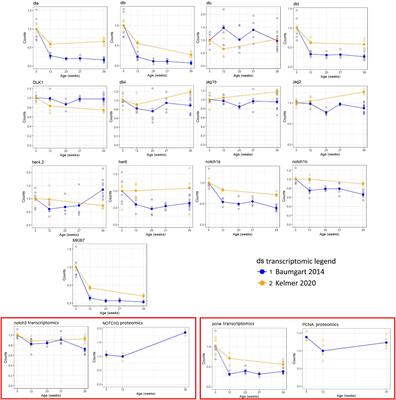ORIGINAL RESEARCH
Published on 09 Jul 2021
Age-Dependent Regulation of Notch Family Members in the Neuronal Stem Cell Niches of the Short-Lived Killifish Nothobranchius furzeri

doi 10.3389/fcell.2021.640958
- 2,083 views
10k
Total downloads
45k
Total views and downloads
Select the journal/section where you want your idea to be submitted:
ORIGINAL RESEARCH
Published on 09 Jul 2021

ORIGINAL RESEARCH
Published on 16 Jun 2021

REVIEW
Published on 17 May 2021

ORIGINAL RESEARCH
Published on 08 Apr 2021

REVIEW
Published on 18 Mar 2021

ORIGINAL RESEARCH
Published on 15 Mar 2021


Frontiers in Cell and Developmental Biology